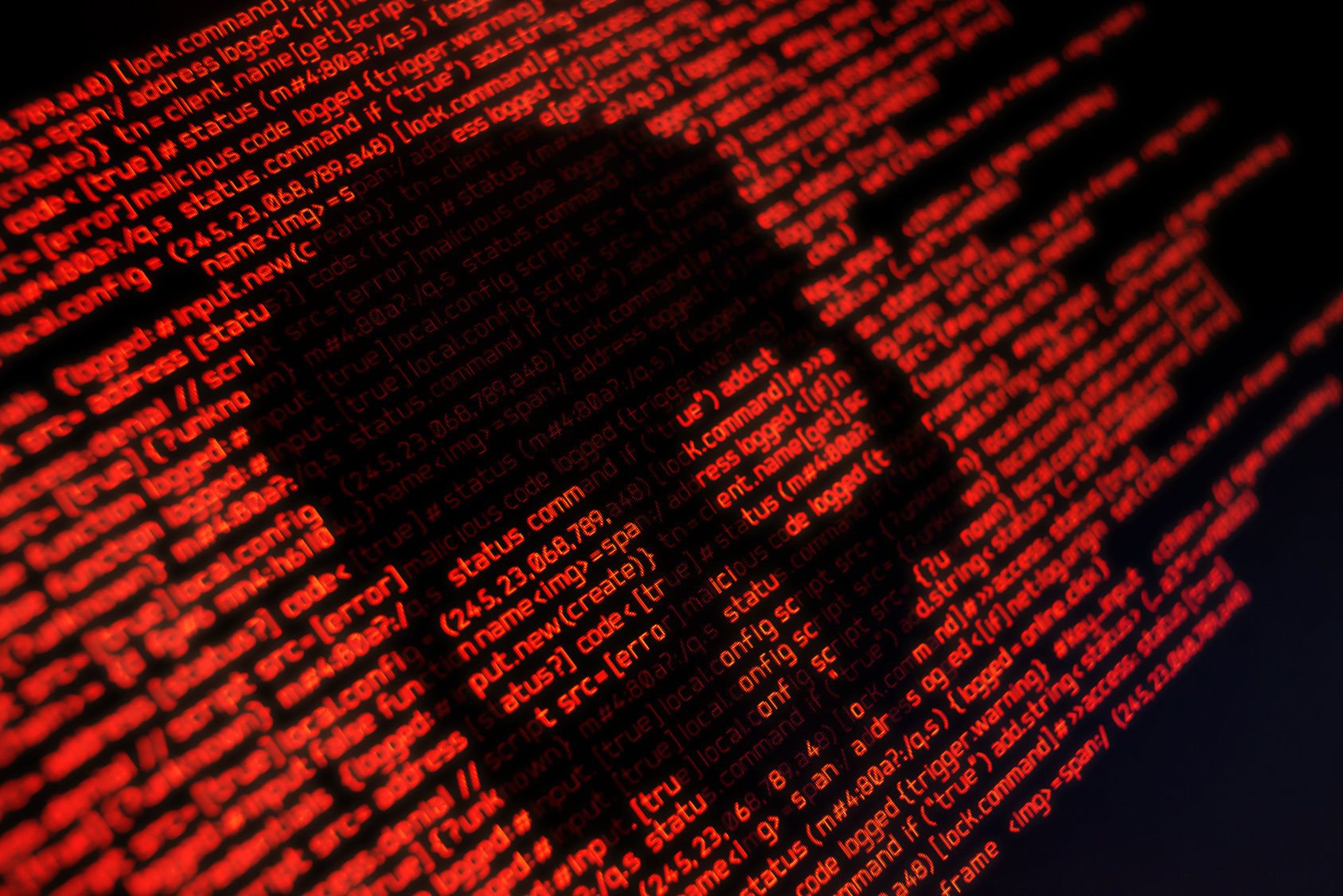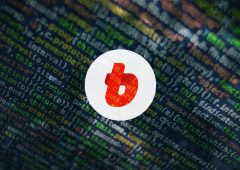Binance Issues Major Alert on New Crypto Threat
15.09.2024 16:00 1 min. read Kosta Gushterov
Binance has issued a warning about a malware attack targeting its users, which alters cryptocurrency withdrawal addresses.
The malware replaces a user’s intended withdrawal address with that of the scammer, leading to irreversible financial losses if the user does not notice the change before completing the transaction.
Since August 2024, this sophisticated malware has been spreading, with attackers using it to divert funds to their wallets. Binance’s security team is actively blocking and reporting these malicious addresses and alerting affected users. They are also blacklisting suspicious addresses and coordinating with law enforcement.
Users are advised to exercise extreme caution when downloading applications or browser extensions, particularly from unofficial sources, and to double-check withdrawal addresses. Binance suggests taking screenshots of wallet addresses before confirming transactions as an additional safeguard.
Additionally, a fraudulent website pretending to offer help with the malware issue has emerged. This site, which misuses Binance’s branding, attempts to trick users into granting unauthorized access to their wallets. Binance emphasizes that these scammers exploit victims already affected by the malware, highlighting the importance of vigilance against such deceptive schemes.
-
1
SEC Charges Georgia-based First Liberty and Owner in $140 Million Ponzi Scheme
12.07.2025 17:00 2 min. read -
2
Crypto Platform Suffers $12 Million Exploit Across Multiple Blockchain Networks
24.07.2025 20:23 2 min. read -
3
Ex-NCA Officer Jailed for Stealing 50 BTC From Dark Web Criminal
17.07.2025 20:00 3 min. read -
4
CoinDCX Suffers $44M Breach, Customer Funds Remain Secure
20.07.2025 10:00 1 min. read -
5
Justice Department Ends Kraken’s Co-founder Probe, Returns Seized Devices
23.07.2025 11:00 1 min. read
Crypto Platform Suffers $12 Million Exploit Across Multiple Blockchain Networks
WOO X, a popular cryptocurrency trading platform, has been hit by a serious security breach.
$3.1 Billion Lost: Hacken’s 2025 Report Reveals Web3 Security Crisis
The first half of 2025 has already become the most damaging period in Web3 security history, according to Hacken’s newly released Half-Year Security Report.
Justice Department Ends Kraken’s Co-founder Probe, Returns Seized Devices
The U.S. Department of Justice has officially ended its investigation into Kraken co-founder Jesse Powell, according to a Fortune report.
CoinDCX Suffers $44M Breach, Customer Funds Remain Secure
Indian crypto exchange CoinDCX has confirmed a $44 million security breach involving one of its internal liquidity accounts.
-
1
SEC Charges Georgia-based First Liberty and Owner in $140 Million Ponzi Scheme
12.07.2025 17:00 2 min. read -
2
Crypto Platform Suffers $12 Million Exploit Across Multiple Blockchain Networks
24.07.2025 20:23 2 min. read -
3
Ex-NCA Officer Jailed for Stealing 50 BTC From Dark Web Criminal
17.07.2025 20:00 3 min. read -
4
CoinDCX Suffers $44M Breach, Customer Funds Remain Secure
20.07.2025 10:00 1 min. read -
5
Justice Department Ends Kraken’s Co-founder Probe, Returns Seized Devices
23.07.2025 11:00 1 min. read


